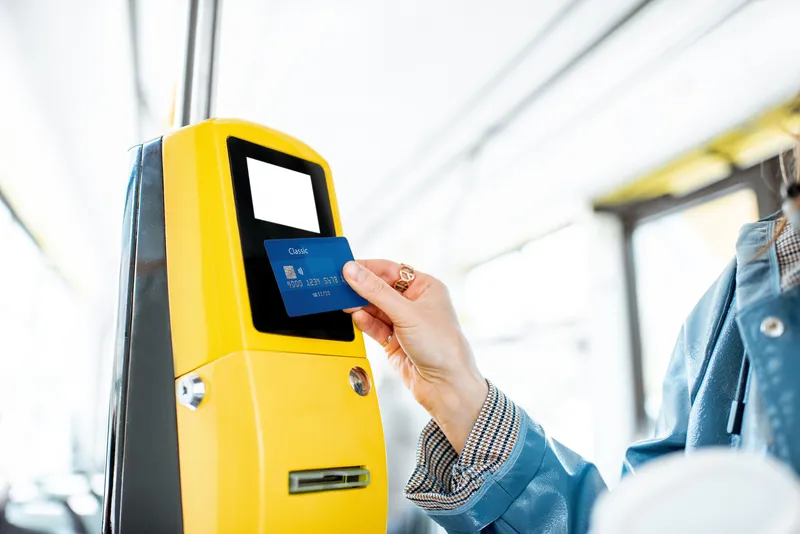Parking solutions provider APT Skidata, a joint venture of Swarco and Skidata, has launched SWAPPAccess, a ticketless parking solution that enables customers to plan, park and pay for parking, whether on-street or off-street, through a dedicated mobile app.
Using APT Skidata’s hosted payments solutions and smartphone applications, drivers set up an account via the app with their payment details stored through a secure portal. Before embarking on a journey, registered users can access parking availability
October 18, 2016
Read time: 2 mins
Parking solutions provider 1774 APT Skidata, a joint venture of 129 Swarco and 2226 Skidata, has launched SWAPPAccess, a ticketless parking solution that enables customers to plan, park and pay for parking, whether on-street or off-street, through a dedicated mobile app.
Using APT Skidata’s hosted payments solutions and smartphone applications, drivers set up an account via the app with their payment details stored through a secure portal. Before embarking on a journey, registered users can access parking availability via a smartphone. Multiple ID carriers can be linked to the vehicle so that the visit is recognised and paid for on departure. Users receive an email receipt and are able to manage the account online.
According to Steve Penn, sales manager for APT Skidata, the system can be adopted for use in any type of car park, and tailored to meet the individual needs of each site with dynamic tariffs, special discounts or surcharges, and subscription plans for regular users.
He also says that SWAPPAccess can be used to create a virtual car park for on street parking, enabling councils to bring together multiple sites with the same parking management system to offer customers a seamless parking experience with the same ease of use across all facilities.
Using APT Skidata’s hosted payments solutions and smartphone applications, drivers set up an account via the app with their payment details stored through a secure portal. Before embarking on a journey, registered users can access parking availability via a smartphone. Multiple ID carriers can be linked to the vehicle so that the visit is recognised and paid for on departure. Users receive an email receipt and are able to manage the account online.
According to Steve Penn, sales manager for APT Skidata, the system can be adopted for use in any type of car park, and tailored to meet the individual needs of each site with dynamic tariffs, special discounts or surcharges, and subscription plans for regular users.
He also says that SWAPPAccess can be used to create a virtual car park for on street parking, enabling councils to bring together multiple sites with the same parking management system to offer customers a seamless parking experience with the same ease of use across all facilities.










